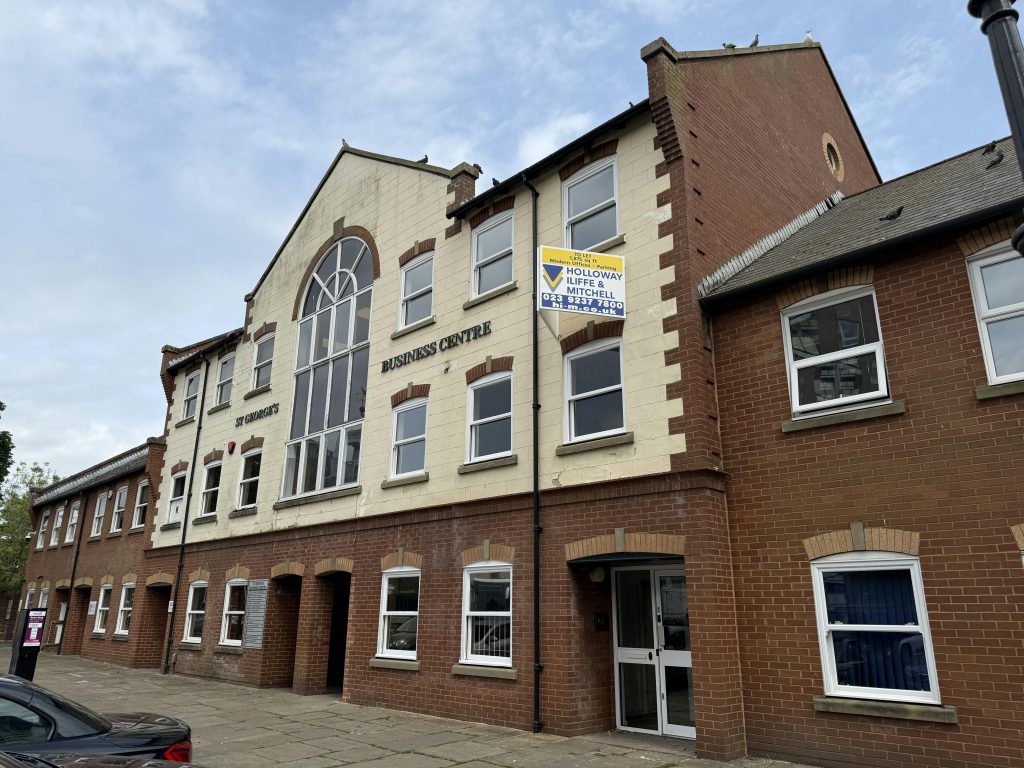Investing in commercial real estate can be a smart way to generate long-term wealth. With the potential for higher rental yields, longer lease terms, and capital growth, it’s no wonder that more investors are turning to commercial properties. But as with any investment, it’s important to do your homework before diving in.
Here are six essential things to consider before making your move into the commercial property market.
1. Understand the Different Types of Commercial Properties
Before anything else, it’s important to understand what kind of commercial property you’re looking to invest in. Each type comes with its own unique set of opportunities and challenges, so aligning your choice with your goals is crucial.
For instance, office buildings tend to attract long-term tenants, offering more consistent income over time. Retail properties, on the other hand, heavily depend on location and consumer foot traffic. Then there are industrial properties, such as warehouses, which are increasingly in demand due to the growth of e-commerce. Lastly, multi-family residential units, while sometimes classified as residential, are often considered commercial when they’re large enough and can provide strong, stable returns in high-demand urban areas.
Knowing the property type helps determine how hands-on you’ll need to be, how resilient the income stream is, and what kind of tenants you’ll be dealing with.
2. Location Still Reigns Supreme
The phrase “location, location, location” might be overused, but in commercial real estate, it remains incredibly relevant. A prime location can mean better tenant demand, fewer vacancies, and higher rental income.
When assessing a location, consider:
- Accessibility – Is the property easily reachable by public transport and major roads?
- Local economic strength – Are local businesses thriving? Is there a demand for commercial space?
- Future infrastructure and developments – Upcoming transport links, residential projects, or new business parks can all impact property value.
A well-located commercial property is not just easier to lease out – it also holds its value better during market fluctuations.

3. Know Your Numbers
Commercial property is a numbers game. A profitable investment starts with a clear understanding of both upfront and ongoing financial commitments. It’s not just the purchase price you need to consider – additional costs such as stamp duty, legal fees, refurbishment costs, and due diligence expenses can add up quickly.
You also need to budget for ongoing expenses, including:
- Property management and maintenance
- Insurance premiums
- Business rates and service charges
- Unexpected repairs
Once you’ve accounted for all expenses, compare them against potential rental income. Research similar properties in the area to determine a realistic rental rate. These figures will help you calculate your net yield and understand how long it will take to recoup your investment.
4. Understand the Lease Structure
Unlike residential property, commercial leases can be complex and highly customised. In the UK, lease terms are often much longer – sometimes up to 10 or 15 years. This can offer greater income stability, but it’s essential to understand what you’re signing up for.
For example, many commercial leases are FRI leases (Full Repairing and Insuring), which mean the tenant is responsible for maintaining the property and covering insurance costs. This can reduce your outgoings, but it also makes the lease terms even more important to scrutinise.
Be mindful of break clauses, which allow either party to exit the lease early under certain conditions. These can offer flexibility but may also pose a risk to consistent cash flow.
5. Don’t Overlook the Risks
No investment is without risk – and commercial property is no exception. Market conditions can change, tenants can default, and certain property types can fall out of favour due to changing work or shopping habits.
Some risks to be aware of include:
- Economic downturns affecting rental income and tenant demand
- Location-related risks, like declining local industries or reduced footfall
- Void periods, where the property sits empty without generating income
- Tenant default, which can lead to costly legal action and lost revenue
To minimise exposure, carry out thorough due diligence on both the property and potential tenants. Diversifying your portfolio across property types or regions can also help reduce reliance on any single asset.
6. Seek Expert Guidance
Commercial real estate involves more legal, financial, and regulatory complexity than residential investing. As such, surrounding yourself with a trusted team of professionals can help you avoid pitfalls and make smarter decisions.
Working with an experienced commercial real estate agent can give you access to off-market deals and local insights. A good solicitor will help you navigate lease agreements and contracts, while a qualified financial advisor can assist in structuring your investment in the most tax-efficient way possible.
Think of it as assembling a team – when everyone is working in your best interest, your chances of success increase significantly.

Ready to Invest in Commercial Property?
Commercial property can be a highly rewarding investment, but success starts with preparation. By understanding the property landscape, evaluating locations, running the numbers, reviewing leases carefully, managing risk, and seeking professional advice, you’ll be well-equipped to make smart, confident decisions.
At Holloway Iliffe & Mitchell, we’re here to support you every step of the way. Whether you’re a first-time investor or looking to expand your portfolio, our team is ready to guide you through the process.
